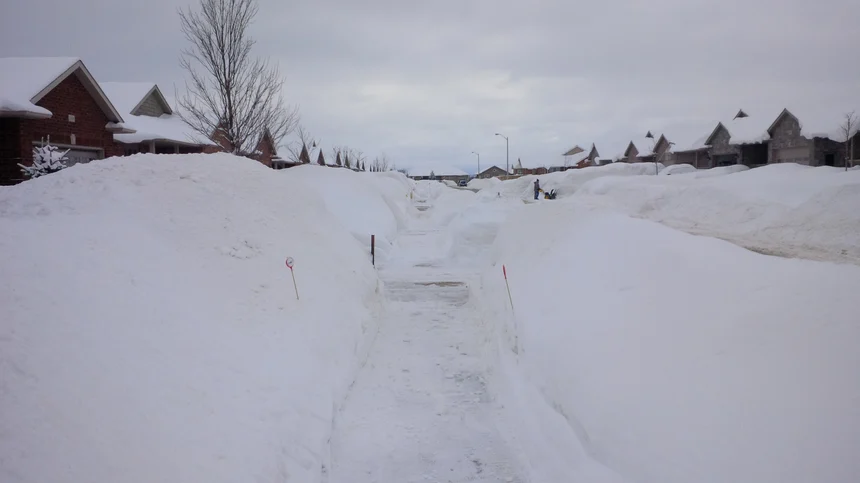As the temperature starts to drop and the first snowflakes gently blanket your lawn, it's easy to assume that your lawn is in a state of hibernation. However, beneath that layer of snow, a complex ecosystem of plants, microbes, and soil organisms is quietly at work. In this blog, we'll uncover the mysteries of what happens to your lawn under the snow and how you can help it thrive come spring.
Insulating Blanket
The snow acts as a natural insulator, protecting your lawn from extreme temperature fluctuations. Just like a warm blanket on a chilly night, the layer of snow helps maintain a consistent temperature at the soil surface, preventing freeze-thaw cycles that can damage plant roots.
Moisture Retention
Snow also serves as a moisture reservoir for your lawn. As it melts, it slowly releases water into the soil, replenishing moisture levels and providing essential hydration to your grass and plants. This is especially crucial during periods of low precipitation or in regions with harsh winters.

Beneficial Microbial Activity
Beneath the snow, a bustling community of microbes continues to thrive. These tiny organisms play a vital role in breaking down organic matter, releasing nutrients, and improving soil structure. This ongoing microbial activity sets the stage for a healthy, nutrient-rich soil come spring.
Root Growth and Development
Contrary to popular belief, your lawn's root system remains active even under the snow. As long as the soil is not completely frozen, roots continue to grow and develop, searching for water and nutrients. This unseen growth is a crucial foundation for a lush and vibrant lawn in the upcoming seasons.
Protection from Winter Desiccation
Winter desiccation, or drying out, is a common issue for lawns during colder months. The drying effects of winter winds and sun can lead to damage and stress on your grass. The snow cover acts as a barrier, shielding your lawn from these harsh conditions and helping it retain vital moisture.
Weed Suppression
The snow cover can also suppress the growth of winter weeds. By creating a physical barrier, it limits sunlight exposure and inhibits the germination and growth of unwanted plants. This natural weed control contributes to a healthier lawn in the spring.



